I’m sat writing this late after a fantastic day in St Andrews, having had an experience which 70 million golfers would have dreamed of. I am lucky.
I shared an awesome day with colleagues and business friends, watching the 150th Open Championship.
After the trip home, I walked along Union Street. This is half-pilgrimage and half-purgatory, but allowed me the time to finalise my thoughts about this column.
The walk also helped me to decide on my plans for tomorrow – drive or train? I decided to go with the train, and valued the fun of beer and relaxed travel over the convenience of driving. As economists, we’re doomed to value everything and, generally, this means assessing trade-offs.
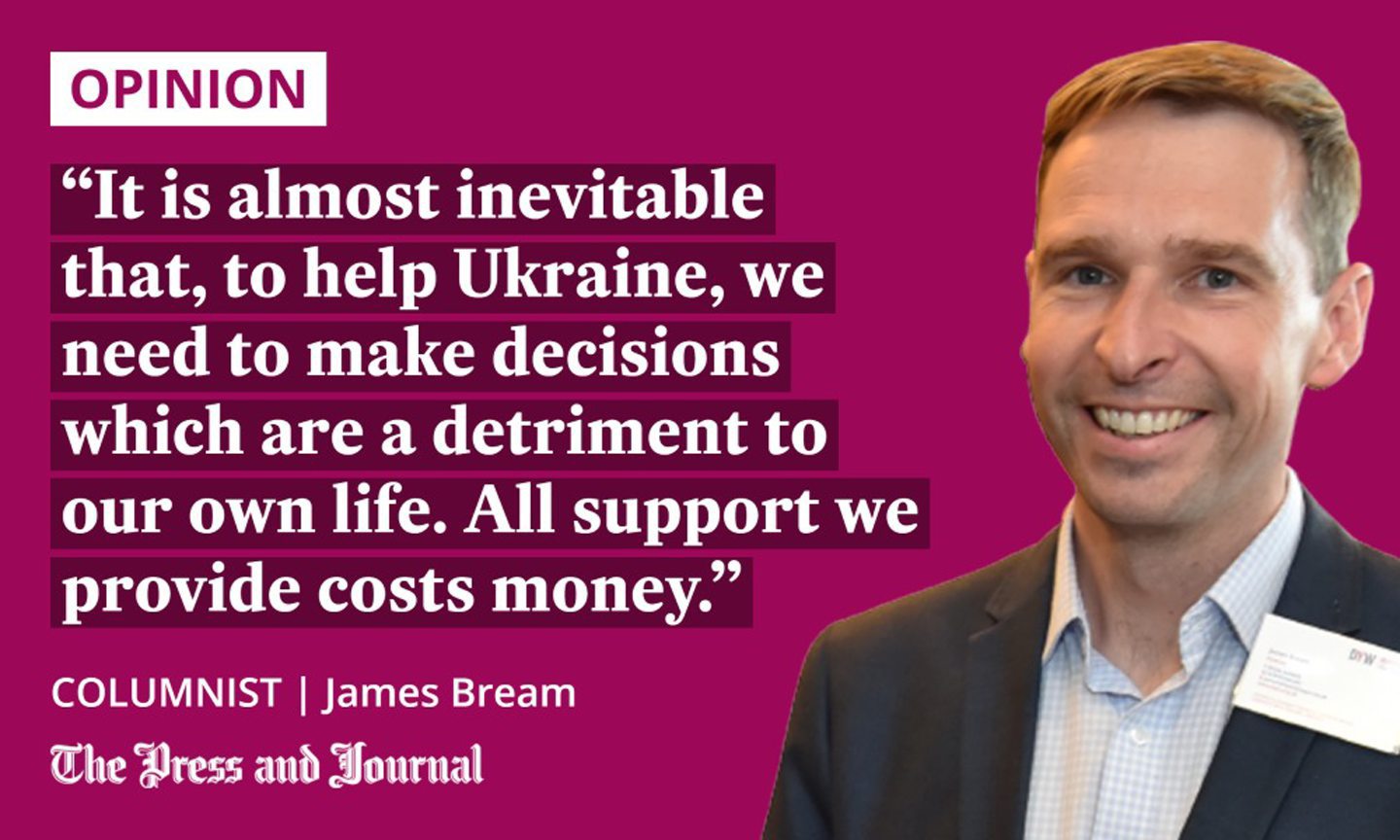
I live in a world where I value the utility of almost all decisions, but the fact is that most of my decisions are relatively meaningless; they aren’t life or death calls. A walk after a few shandies also allows me time to think about things around me in the world – not something I get to do during a busy working week.
Pondering about bigger things made me think of Ukraine and how the plight of their people seems to be drifting a little from our public view. On Saturday night, not one of the news stories on the BBC website’s front page was about the war, with leading articles on the heatwave, the Tory leadership race, Sri Lanka, and Ivana Trump.
I’m happy to wait if it means lives are saved
I think its important that the conflict in Ukraine stays in our minds and in the news. The people of Ukraine are facing daily dilemmas which we cannot begin to understand.
I also think it is important that, as a nation, we continue to ask ourselves about the decisions we need to make in order to support Ukrainians. It is almost inevitable that, to help Ukraine, we need to make decisions which are a detriment to our own life. All support we provide costs money.
One example is access to UK medical professionals, and whether they are being allowed to travel to give aid to the Ukrainian people. I have read about professionals, such as anaesthetists and trauma surgeons, who are travelling to give help. I’ve also been made aware of one such person in my wider network who has made time to offer support.
These people are making huge sacrifices and trading off time with their families, money and their safety to help. The decision to forgo the potential to earn, and trade time with loved ones to save strangers is remarkable. I am in awe of their bravery and heroism.
The decision to forgo the potential to earn, and trade time with loved ones to save strangers is remarkable
I also hold a personal view that this is a good use of tax money, even if we are losing some of our NHS staff for periods of time. I’m actually one of the millions of people who are waiting on an NHS list for a “routine” operation, but I am happy to wait even longer to allow these people to go and save lives.
Government profiting while people struggle is a bad trade-off
I hope that the Tory leader who wins can allow support like this to continue and, in doing so, help the UK to be known as a compassionate and caring country. Perhaps if these things were more actively discussed, then politicians might find they are vote-winning actions to people like me.
Here’s an emotional salute to the folks in the NHS, both here and plying their brilliance to help people outside the UK.
Leadership hopefuls are setting out a much wider agenda, not focused on just delivering the last election manifesto. I’ve taken an interest in the taxation positions being adopted by the participants.
Given the current situation for people and families in the UK, I really cannot see any justification for the government not reducing taxes as a way to get more money into the pockets of the people who need it.
I have previously written that the National Insurance rise was a bad move for the lowest earners. Surely now is the time to reduce VAT or National Insurance to benefit those who need it most.
Any leader should accept that a government making a surplus when the poorest residents of a country are struggling is a bad trade-off. This is the type of thing that might actually help restore trust in politicians moving forward.
James Bream is CEO of Aberdeen-based Katoni Engineering and chair of DYW North East
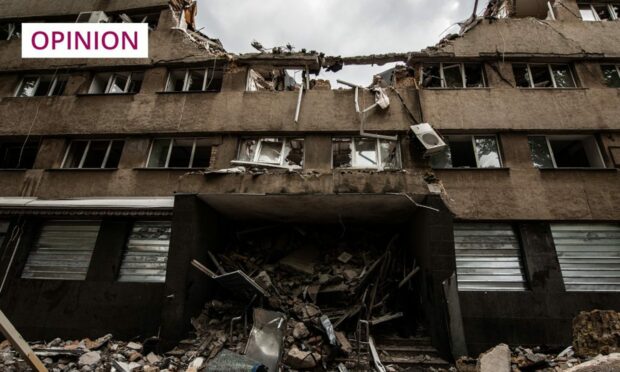
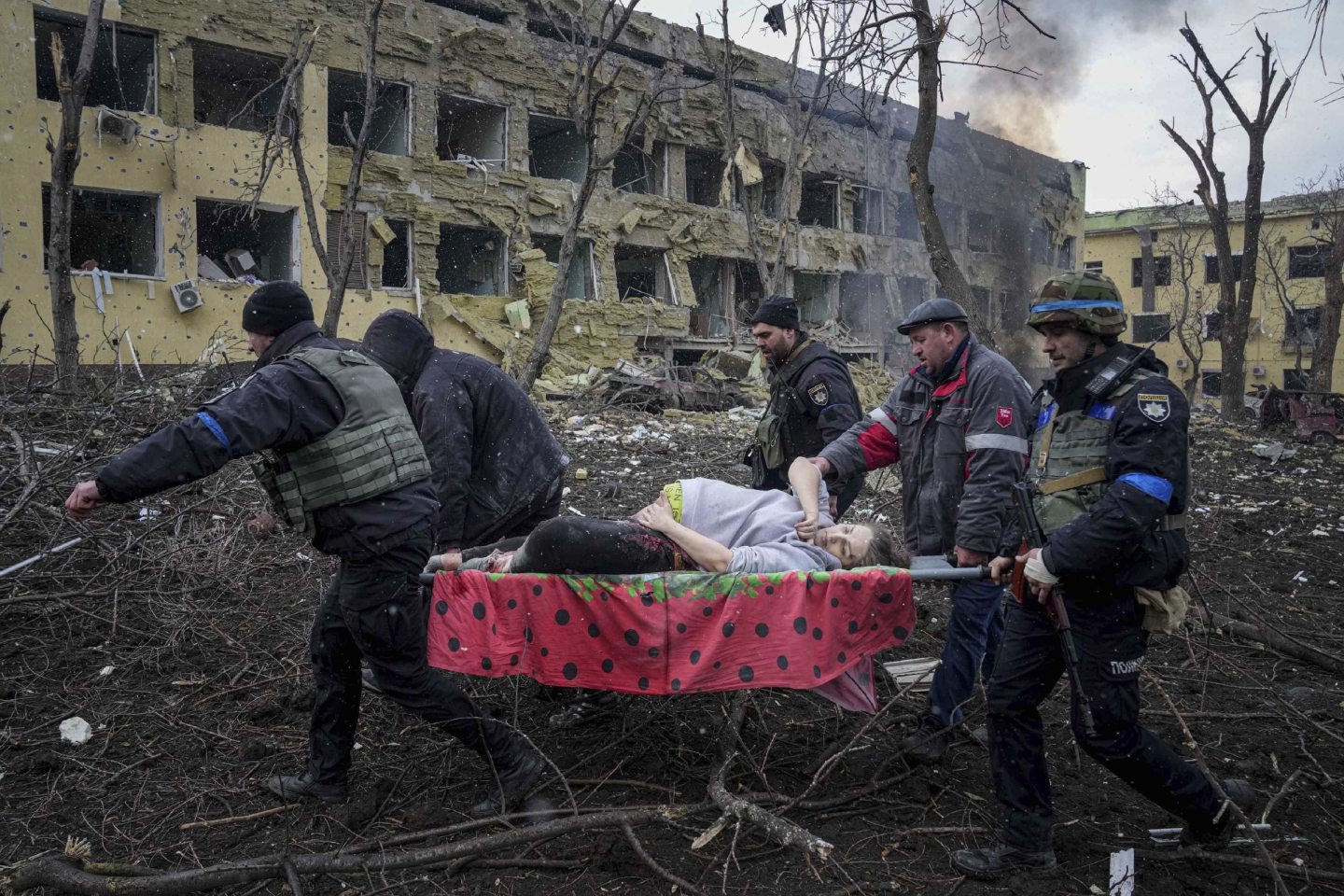
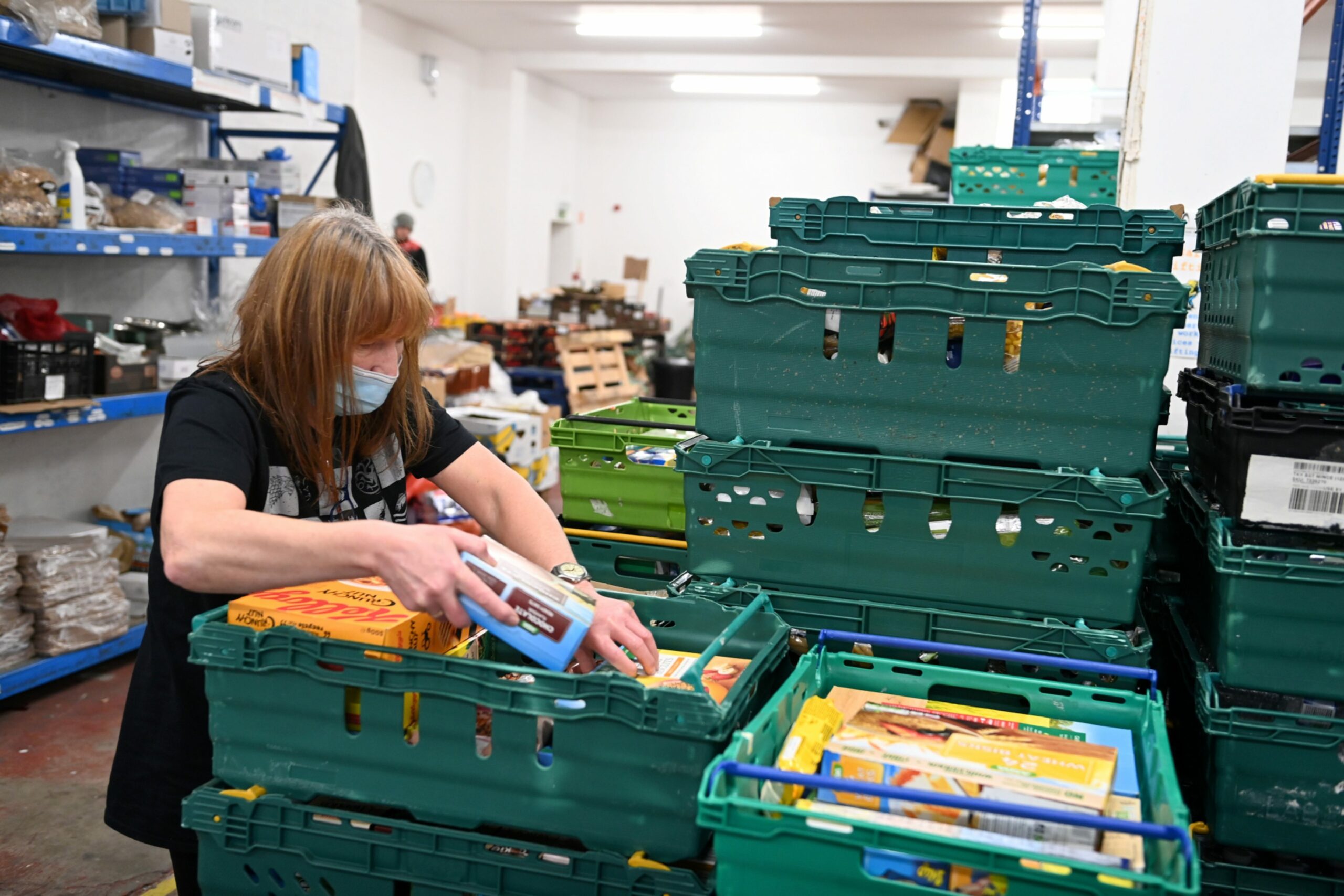
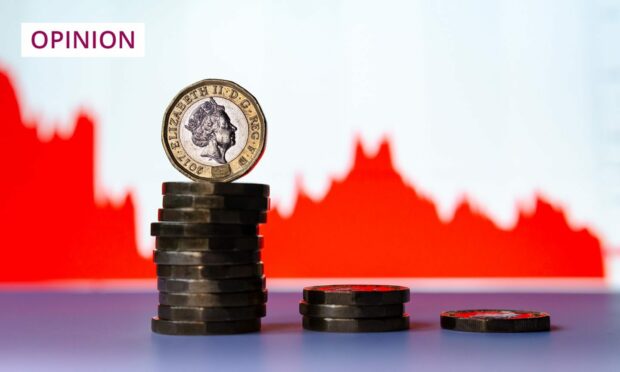
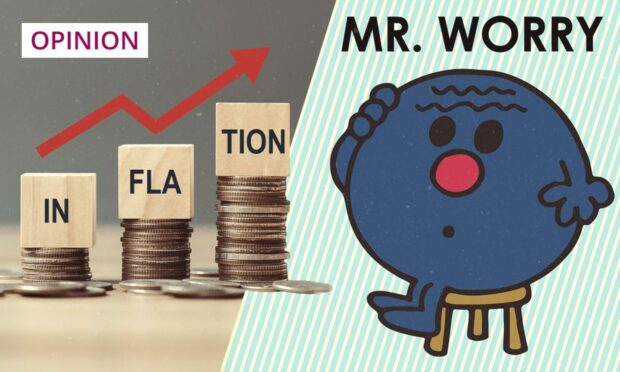

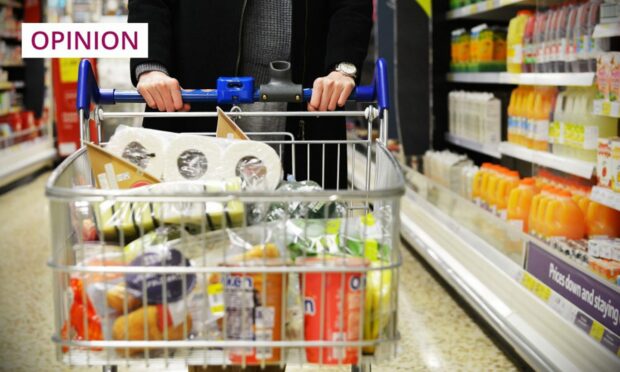
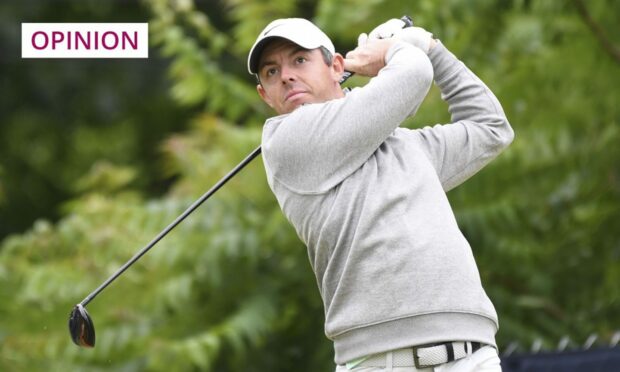
Conversation